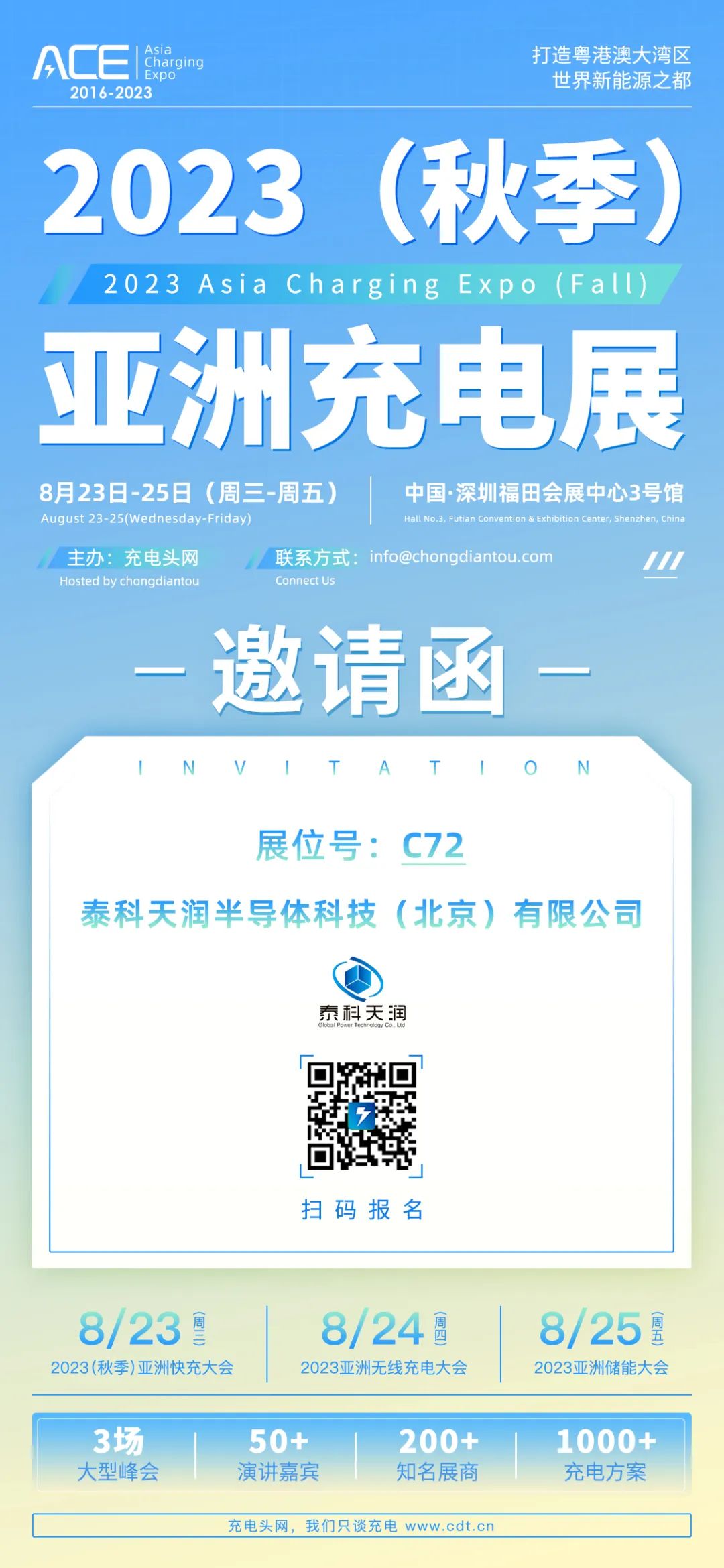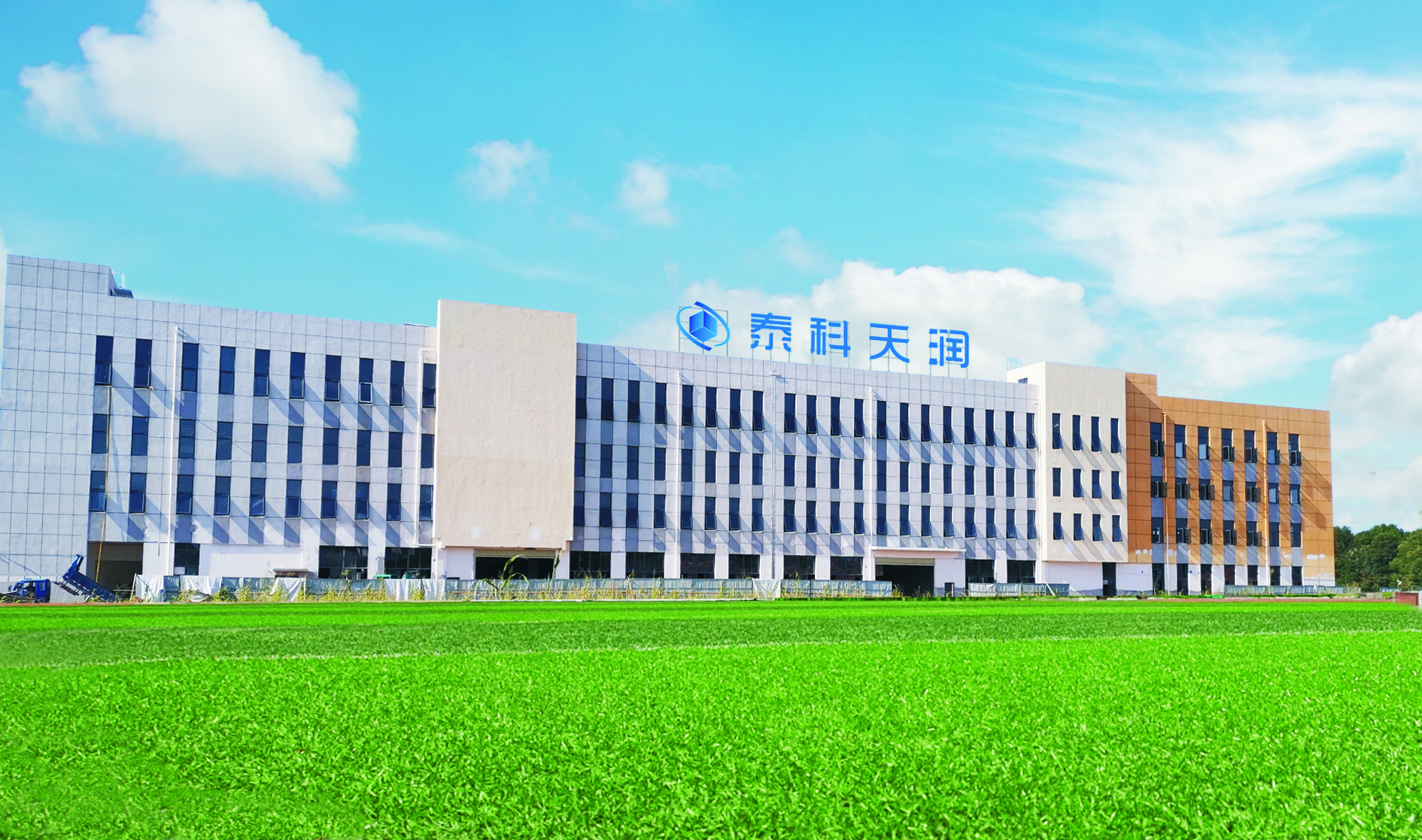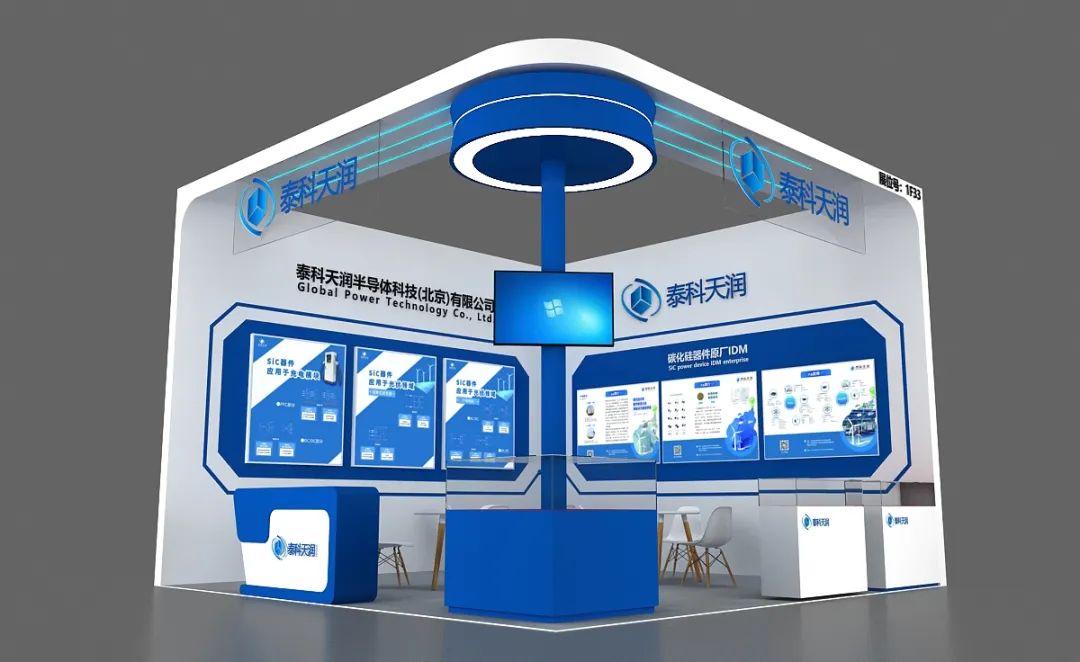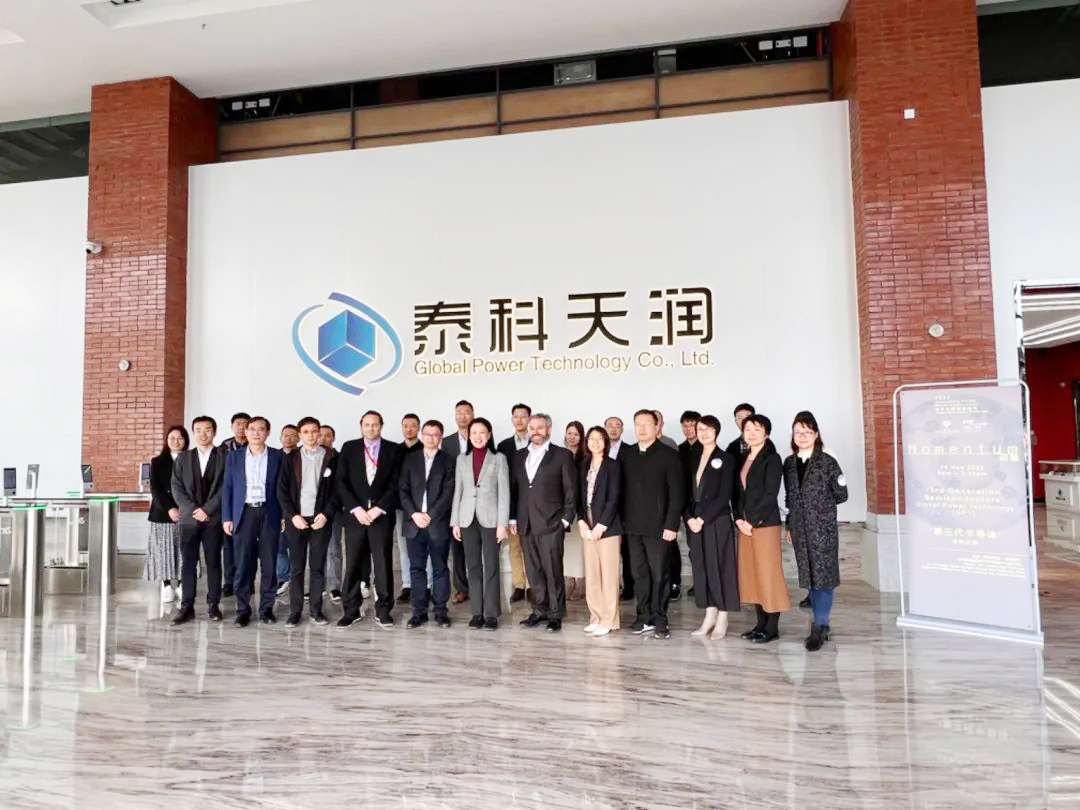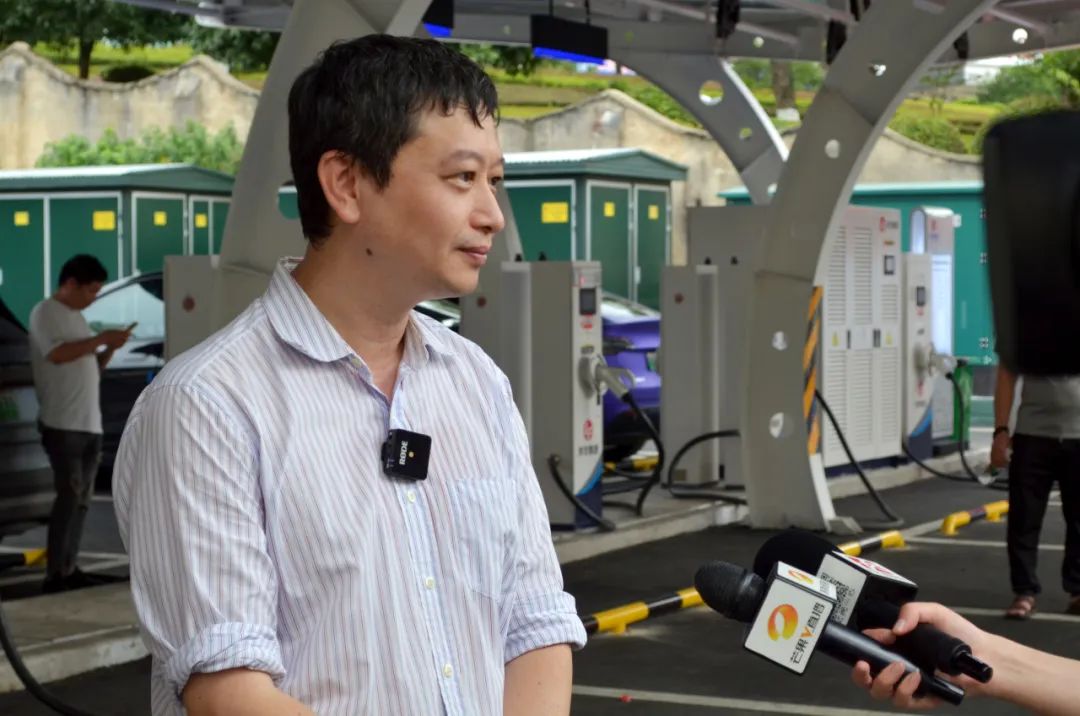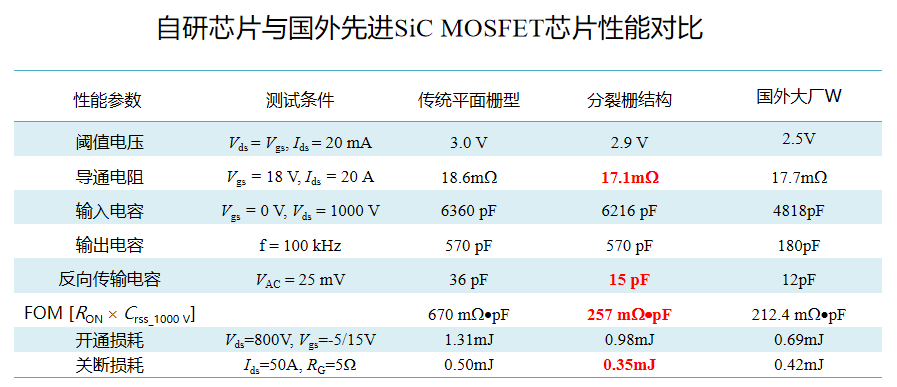Chip industry talent gap is large, returnees create "Chip" into 2019 key directions
2019 Returnees' "Chinese Chip" Direction
Chips, called "the grain of modern industry", are the most important basic components of information technology products. From mobile phones, computers, automobiles, to high-speed rail, power grids, industrial control, to the Internet of Things, big data, cloud computing ... The production and upgrading of products in these areas cannot be separated from the chip industry.
In recent years, China's communications industry has developed rapidly, and the self-sufficiency rate of chips has continued to increase, but overall, the self-sufficiency rate is not high. According to data from the General Administration of Customs, China ’s integrated circuit (ie chip) imports have ranked first among all imported products for three consecutive years.

The huge demand has given great space for development of China's chip industry. We have reason to believe that in 2020, the Chinese chip industry will gather more overseas returnees, and they will open up a new and broader world in the "Chinese chip" field.
Policy support boosts China Core
In April 2018, four departments, including the Ministry of Finance, the State Administration of Taxation, the National Development and Reform Commission, and the Ministry of Industry and Information Technology, issued a "Notice on Issues Concerning Corporate Income Tax Policies for Integrated Circuit Manufacturers" to support the development of the domestic chip industry from tax incentives. Not only that, Shenzhen, Hefei, Wuhu, Chongqing, Chengdu, Changsha, Xiamen, Hangzhou and many other places have issued special policies to encourage the development of the integrated circuit industry and promote industrial transformation and upgrading. Industry insiders believe that China's chip industry will usher in a "burst period" in 2020, and the main driving force for rapid development is the support of national policies. Zhuang Wei is currently the executive director of the China Youth Science and Technology Workers Association. He studied in Australia and worked in Hong Kong for many years. In 2004, Zhuang Wei founded Beijing Lianxing Ketong Microelectronics Technology Co., Ltd. The company developed a series of chip products using international advanced semiconductor process technology, focusing on the aviation navigation positioning market. Zhuang Wei said: "The country has given great support to the chip industry, and relevant companies and research institutes have received a lot of support." Regarding the company's development in 2020, he is full of confidence. Looking at the entire chip industry, we can be cautiously optimistic about the new year. "
In June 2018, Hu Zhenbo registered Xinlai Technology (Wuhan) Co., Ltd. in Wuhan Optics Valley. He is also very optimistic about the development prospects of China's chip industry. He believes that China's chip industry as a whole is relatively weak, "but it is these weak places that give domestic companies the opportunity to catch up and fill weak areas. "Not only 2019, but the next 10 years may be opportunities and time periods for qualitative changes and breakthroughs in the chip industry," he said.
Large talent gap in the chip industry
The shortage of talents in China's chip industry has always existed. The Software and Integrated Circuit Promotion Center of the Ministry of Industry and Information Technology released the White Paper on Talents of the Chinese Integrated Circuit Industry (2016-2017) in 2017, stating that there is a 400,000 talent gap in China's integrated circuits. Solving the problem of lack of talent is not a one-day effort. In 2020, the talent gap in the chip industry is still very large.
Hu Zhenbo said that in the chip industry, no matter whether it is a large company or a small company, there is a problem of "recruiting people." There are not many talents trained in microelectronics in colleges and universities. With the increase in capital and industry scale in the chip field in the past two years, The talent gap is even more pronounced.
Analysts point out that the large talent gap in the chip industry is not only due to insufficient quantity, but also to low quality. School textbooks and subject settings cannot keep up with the development of the industry, and students have a low grasp of basic theoretical knowledge. As early as 2015, in order to meet the urgent needs of high-quality talents for the development of the national integrated circuit industry, the six departments, including the Ministry of Education, issued the "Notice on Supporting the Construction of Demonstration Microelectronics Colleges in Universities" to support Peking University and Tsinghua University Nine universities and colleges are setting up exemplary microelectronic colleges, and 17 universities such as Beijing University of Aeronautics and Astronautics and Beijing Institute of Technology are preparing to establish exemplary microelectronics colleges. However, talent education requires a long period from input to output, and returnees are undoubtedly an important source of filling this talent gap.
More returnees will gather chip industry
Zhang Yuan studied in the UK and received his Ph.D. in mobile communications from the University of Surrey. In 2016, he returned to China to start a business, established Chuangxinweidu Technology (Beijing) Co., Ltd., and launched an "SDR (Software Defined Radio) Internet of Things Chip" solution. Zhang Yuan said that there are thousands of domestic chip design related companies, but only 140,000 employees, which is far from enough. "Under the guidance of market demand, no matter returning overseas students or domestic college graduates, more people will be employed in the chip industry." Zhang Yuan predicts.
Zhuang Wei also agrees that there will be more and more overseas returnees in the chip industry in 2019. He said that China's chip industry has a high degree of internationalization, and overseas returnees have learned advanced theoretical knowledge and technology abroad, and can show their skills in the domestic chip industry. Returnee entrepreneurship is an essential component of the development of the domestic chip industry.
For returnees who want to start a business in the chip industry, Zhuang Wei suggested: "Following the development of the chip industry depends on where the new growth points are. In the traditional areas where the chip has been applied, companies mainly improve their competitiveness by continuously increasing the cost . But for the newly expanded field of chip applications, whoever enters the market first has the right to speak and pricing, and may make a lot of money. "





